Working in esports: referee

A look at a referee's job in esports
Gaming in general and esports in particular often isn’t considered as a valid sector to pursue a career in. Esports is still somewhat unknown to the general public, but is one of the fastest growing markets, full of jobs and opportunities. At the moment it is worth over 1 billion euro, with a growth of almost 27% in 2019. While pro gamers are definitely a part of the industry, esports is more than just that.
One of the possible jobs in esports is that of a referee. In every competition a referee is necessary to avoid cheating or misconduct, it’s the same in esports. They carry out the key role of watching what the players are doing and if they break any rules. They obviously need to understand the game and sometimes are involved in helping to test the sound of headsets, the servers or other stuff to be sure that everything is working and that no one could be able to cheat.
If there is a technical issue (e.g. problems with a PC or mouse) on the stage, they are the one that have to deal with it, which means they need to know tournament rules perfectly to make a correct decision. They also need to be able to make quick decisions, to keep pauses during a tournament to a minimum.
To tell you a bit more about being a referee, we had a little chat with Omar Van Vynckt, who has been a referee for a number of tournaments.
Can you explain your job to us in a few sentences?
I’m the referee for the Belgian and Dutch League, the official League of Legends competition in Belgium and the Netherlands. I keep a close eye on the games, see that they start on time and that no bugs or other stuff gets abused by the players.
What is the most important aspect of your job?
I have to make sure all matches start on time, without messing with the flow of the broadcast. The first match being at 7pm and then every match has to follow closely (10min breaks in between). Having the players ready, having checked their identity and making sure they know the rules in time is my main objective. Whenever a pause occurs, because there is a game breaking bug or the game has become unplayable for a player, I have to resolve that as soon as possible.
What is the biggest difficulty in your job?
Knowing when to be tough and when to be kind. I know a lot of the players being an ex-player myself. I have to get the respect from them, but I also want to stay on a good note with everyone. It might be difficult at times to find the balance between being myself and being a correct referee. Having to punish a player you also know from your past could come at a cost of them not liking you anymore. On the other hand, if you are a fair referee most players will understand your decisions and not take them personally.
What did you study?
Tried my hand at history, religion, philosophy and applied linguistics, but ended up focusing completely on a career in esports.
How did you get started in esports?
I like to think that ESL Proximus 2018 was my “breakthrough”. We were just a group of friends, determined to have fun at first. Only after we qualified, I took things a bit more serious and so did everyone. On the event, we were facing the undisputed number one team in the Benelux back then, Brussels Guardians.
Our odds of winning were non-existent, but through creative gameplay we actually managed to upset them. This is when the spotlights were all on us and I got some interviews for national television, but also for the French twitch stream. This is when I think META (4entertainment back then) noticed me. When the Belgian and Dutch League came around, I became the first referee of the leagues. I was selected because I already have a good knowledge of the game and scene, and am capable of making decisions on the spot.
Skills required
- Communication skills: you will often have to explain why you make a certain decision, so having good communication skills just makes sense.
- Be cool-headed: you can’t get flustered during games when something goes wrong or you have to make a quick decision. You also can’t let personal feelings get in the way of your decisions.
- Vigilance: you can’t take your eyes of the game for just one second.
- Quick decision maker: tournaments adhere to a schedule, so they can’t wait for you to make up your mind. You have to make informed decisions in a split second, so everything can keep running smoothly.
- Knowledge of hacking and cheating systems: if you can’t spot a hacker or a cheater, it’s near impossible to punish them, so you have to know what is possible and how to recognise it.
News Articles
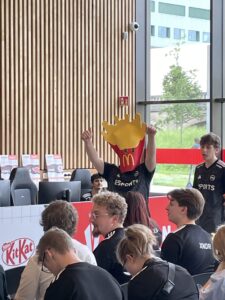
BSL Season 6: The Champions are known
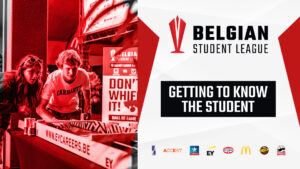
BSL: Getting to know the students
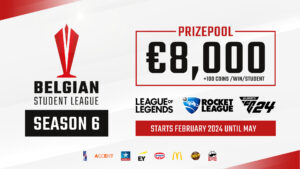
Season 6 of the Belgian Student League!
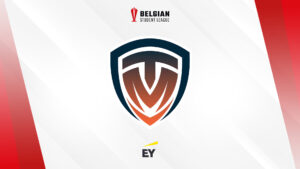
Meet the teams: Thomas More Gaming
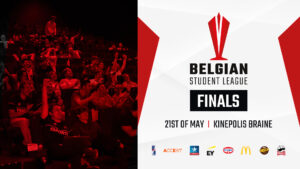
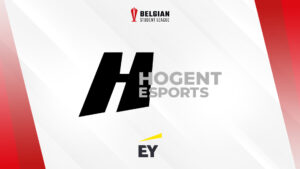

























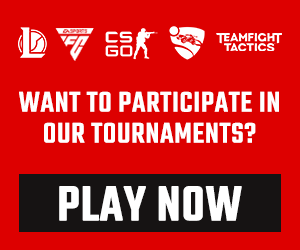
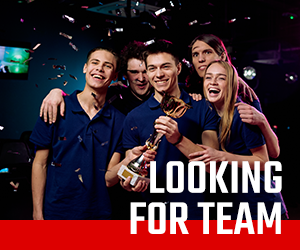
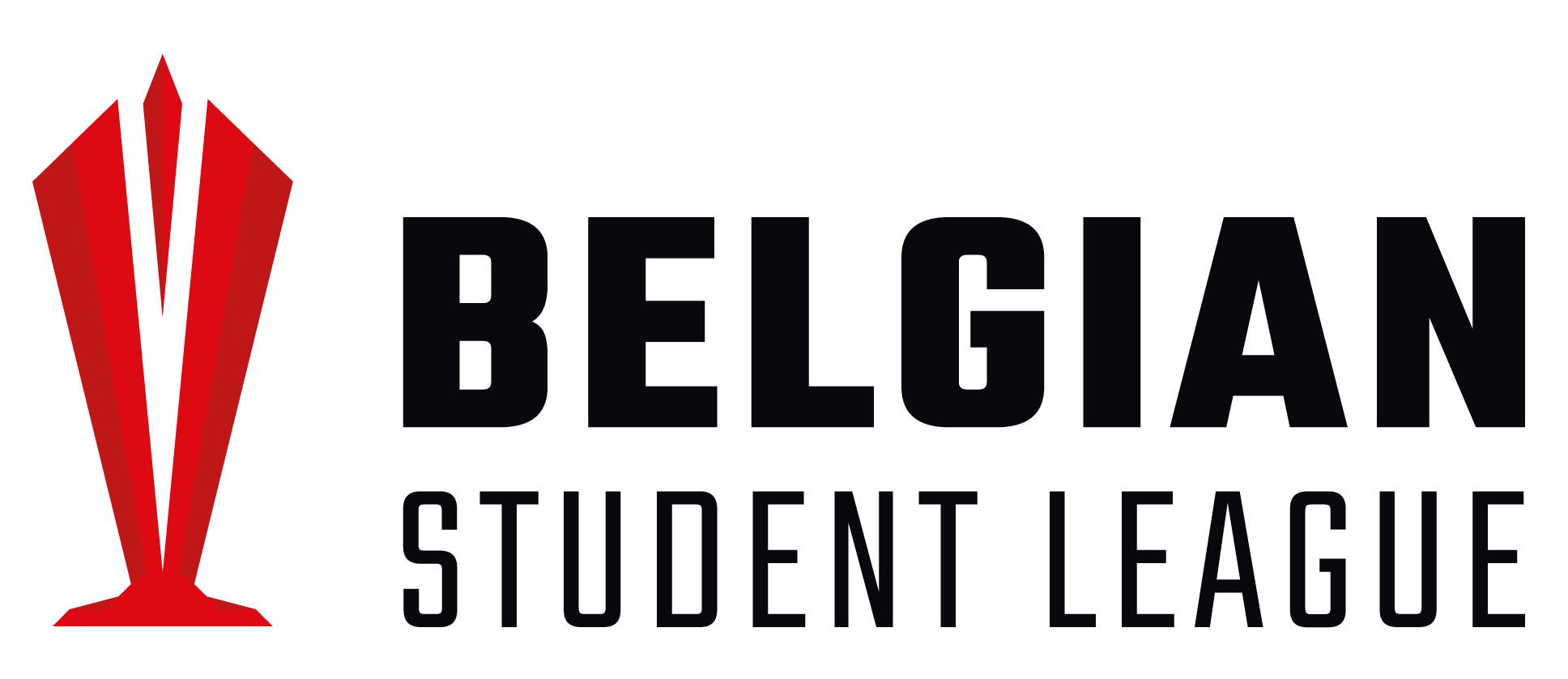 The Belgian Student League website uses cookies to improve your experience. For more info read our
The Belgian Student League website uses cookies to improve your experience. For more info read our